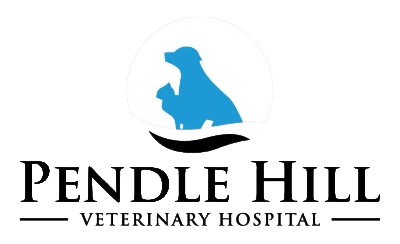Ultrasound & Radiology
We know that your furry friend is a member of the family and we want to make sure they stay healthy. Our hospital has everything from X-rays for cats, dogs or other small animals all the way up through an ultrasound scanner which can be used if needed during diagnosis procedures such as detecting possible diseases in pets!
We want you and your pet to feel comfortable and confident when you come in for a visit. That’s why we offer a variety of services and have the latest technology available so that we can provide the best possible care for your loved one.
Schedule an appointment today on our website!
Radiology
Our hospital is fully equipped to take radiographs (often called X-rays) of your pet. Our veterinarians will discuss your pet’s case and conduct a thorough physical examination to determine if your pet requires radiographs. Radiographs are a very important tool to help us diagnose diseases in animals, particularly for conditions involving bones or joints of the lmbs, and can be very useful to diagnose diseases of the chest or abdomen.
What happens to my pet when it is booked in for radiographs?
Most of our patients are admitted into hospital for the day to have radiographs taken, unless it is an emergency and we’ll take them immediately. We ask that you bring your pet in unfed on the morning of admission, as they will most likely be sedated or anaesthetised to allow us to take the best quality radiographs possible.
Once the radiographs have been taken we will give you a call or book an appointment for our veterinarians to show you the images and to discuss the diagnosis and treatment plan for your pet.
Why do pets need to be sedated or anaesthetised to have radiographs taken?
When we have radiographs (X-rays) taken the radiographer asks us to keep perfectly still, often in unnatural positions. Most pets would never lie still enough, in the correct position, for us to take good quality radiographs required to diagnose their condition. Sedation and anaesthesia allow us to get the most useful radiographs possible.
Ultrasonography
Our hospital is fully equipped with an ultrasound scanner to assist evaluation of your pet’s condition if required. Our veterinarians will discuss your pet’s case and conduct a thorough physical examination to determine if your pet requires an ultrasound examination. An ultrasound scan is a very important tool to help us diagnose diseases in animals, particularly for conditions involving soft tissues, such as those found in the abdomen, limbs or the heart.
What is an ultrasound scan?
Ultrasound scanning is a painless procedure that uses high frequency sound waves (inaudible to humans) to produce images of structures within the body. When sound waves are directed into the body, some are absorbed by body tissues and others bounce back. The sound waves that bounce back are measured by the ultrasound machine and are transformed into an image on a screen. The images can be printed or recorded. Extensive training is required in order to correctly use this equipment and interpret these images.
Ultrasound scans are most useful for looking at soft or fluid-filled organs; like the liver, kidney, bladder and heart. It is less effective for examining bones or air-filled organs, like the lungs.
What happens to my pet when it is booked in for an ultrasound scan?
Most of our patients are admitted into hospital for the day to have an ultrasound scan done, unless it is an emergency and we’ll do it immediately. We ask that you bring your pet in unfed on the morning of admission, as they may need to be sedated to allow us to do the best scan possible.
The area to be scanned will be shaved, so your pet may look different when they come home. No pain is felt during an ultrasound exam, however, discomfort from pressure may be experienced. Sedatives may be necessary for those animals that won’t stay still or are uncomfortable. During the scan a water-soluble gel is applied over the clipped area to be examined and a transducer (probe) is placed on the skin.
Once the scan has been done we will give you a call or book an appointment .for our veterinarians to show you the images and to discuss the diagnosis and treatment plan for your pet
